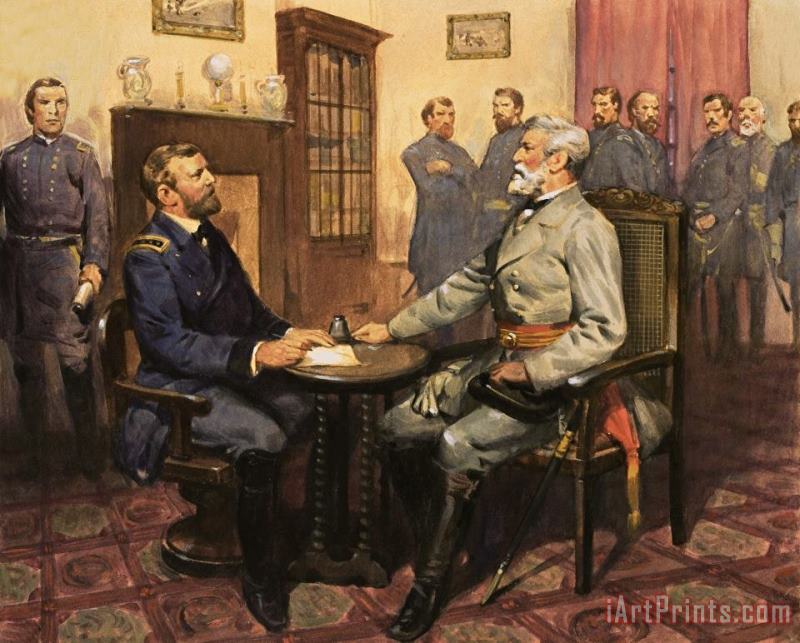MAY 28, 2020 – Yesterday evening in my chair of privilege I faced the stark, tragic reality of America: Grant’s defeat.
Two nights before, Netflix had been acting up, depriving me of my regular fix of The Medicis. I switched to the History Channel and chanced upon a three-part documentary about Ulysses S. Grant, produced by his acclaimed biographer, Ron Chernow and—speaking of The Medicis and the Renaissance—Leonardo DiCaprio. If George Washington was the Father of our Country, General Grant, as much as Lincoln, was its savior.
But then things went . . . [S]outh.
Last night’s episode featured Grant’s post-war efforts to “win the peace,” as a military officer after Lincoln’s assassination; later as president. Grant was committed to Reconstruction and equality for freed slaves. In fact, after the Reconstruction Amendments, Southern blacks staged huge gains in education, commerce, and political power. Then with a vengeance the KKK galloped forth, abetted by a broad, white racist backlash wrapped in the flag of states rights. The result: brutal oppression of blacks and vindication of Lee’s surrender.
Time for a commercial break.
I flipped to CNN for an earful from talking heads bashing the Naked Emperor—Not! Instead, I was confronted with live reportage on the face-off between protesters and Minneapolis police eight miles from my chair of privilege. The cause? The unjustified killing of a black man by a white policeman.
The live scenes from my own (Northern) turf flashed red in my mind when the documentary resumed.
Having lost the Civil War militarily, the South couldn’t justify its staggering sacrifices in the name of slavery, so it shifted to “states rights.” This enabled the white, reactionary power structure to rewrite the narrative, re-establish control, and keep blacks in “their place.” Many Northerners imbibed or acquiesced in this post-war mint julep narrative.
I’d previously known about Grant’s military genius, but I’d dismissed his post-war career as abject failure. He presided over a notoriously corrupt administration and he was ineffectual—uncommitted?—to the critical mission of “winning the peace,” most likely, I presumed, because his “cause” had been the Union, not equal rights for former slaves.
But the documentary, bolstered by black scholars, presented post-war Grant in quite a different light. He was furious over the New Orleans massacre of blacks in 1866 and just as upset with President Johnson for not cracking down on the murderous perpetrators. When it came to pushing anti-KKK legislation through Congress, Grant and his entire cabinet marched down to Capitol Hill to ensure passage.
Yet despite his personal popularity, Grant couldn’t salvage Reconstruction. His administration plunged into corruption. (As one historian observed, Grant himself was so devoid of deceit, he couldn’t recognize it in others.) The general known as “Unconditional Surrender” Grant, who’d seen more than any politician the untold butchery of war, saw his hard-fought victory at Appomattox dissipate like sand falling between his fingers.
And so did the kinsfolk of the many former slaves turned soldiers who’d sacrificed their lives for the nation—for the United States of America.
(Remember to subscribe to this blog and receive notifications of new posts by email.)
© 2020 by Eric Nilsson
